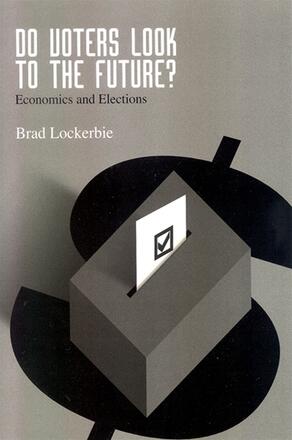
Do Voters Look to the Future?
Economics and Elections
Alternative formats available from:
Argues in favor of a different model of voting behavior.
Description
Do voters look to the past, the future, or both when deciding how to vote? In Do Voters Look to the Future?, Brad Lockerbie shows voters to be more sophisticated than much of the work in political science would suggest. He argues that voters do not simply reward or punish the incumbent administration, but instead make a comparative evaluation of the likely performance of each candidate and vote for the one that will most likely provide them with a prosperous future. Making use of data from 1956 through the present, Lockerbie finds that voters take into account both what has happened and what they think will happen when they vote. He finds these economic evaluations to be strongly related to voting behavior both for the House and the Senate, as well as the presidency. Additionally, Lockerbie examines the role of these economic items to explain changes in party identification.
Brad Lockerbie is Professor and Chair of Political Science at East Carolina University.
Reviews
"…a thought-provoking argument that comprehensively surveys the theory and literature regarding the degree to which voters look to the past and future in making their decisions … Lockerbie's work takes up a neglected subject and shows why it deserves more attention. " — American Review of Politics
"…[Lockerbie's] volume adds to the mounting evidence that voters base their decisions more on concern about the future than on their reaction to what has already passed. " — Political Science Quarterly
"This book deals with a very important subject within the economic voting literature: the significance of retrospective versus prospective judgments. It helps overcome the wrongful neglect of the prospective school. " — Michael S. Lewis-Beck, coauthor of Economics and Elections: The Major Western Democracies